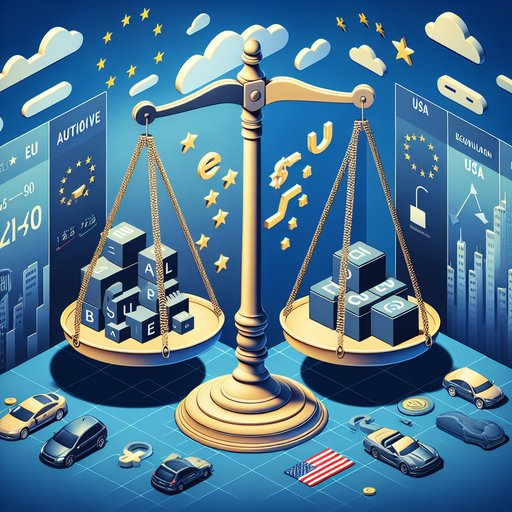
A new trade dispute is emerging between the European Union and the United States, centered on the implementation of the EU's Digital Services Act (DSA) and its impact on American tech companies. The disagreement threatens to delay a broader trade agreement between the two economic powers, highlighting the growing complexity of digital regulation in international commerce [1].
The core of the conflict stems from the EU's requirement for US-based social media companies to implement stricter content moderation and user protection measures in their European operations. These regulations, part of the Digital Services Act, are more stringent than what these companies typically maintain in their home market [1].
The dispute has evolved into a complex trade-off between automotive interests and digital regulation. European officials are weighing the balance between maintaining access to the US automotive market while enforcing their digital standards, creating what some observers characterize as a choice between "cars or a clean internet" [2].
The ongoing negotiations reflect broader tensions in transatlantic digital policy, with the EU taking a more regulatory approach while the US favors a more market-driven framework. This fundamental difference in regulatory philosophy has become a significant hurdle in reaching a comprehensive trade agreement.
The situation underscores the importance of transatlantic unity in broader global contexts, even as specific policy differences create friction. Both sides recognize the need to maintain strong economic ties while addressing legitimate concerns about digital governance and consumer protection.
























